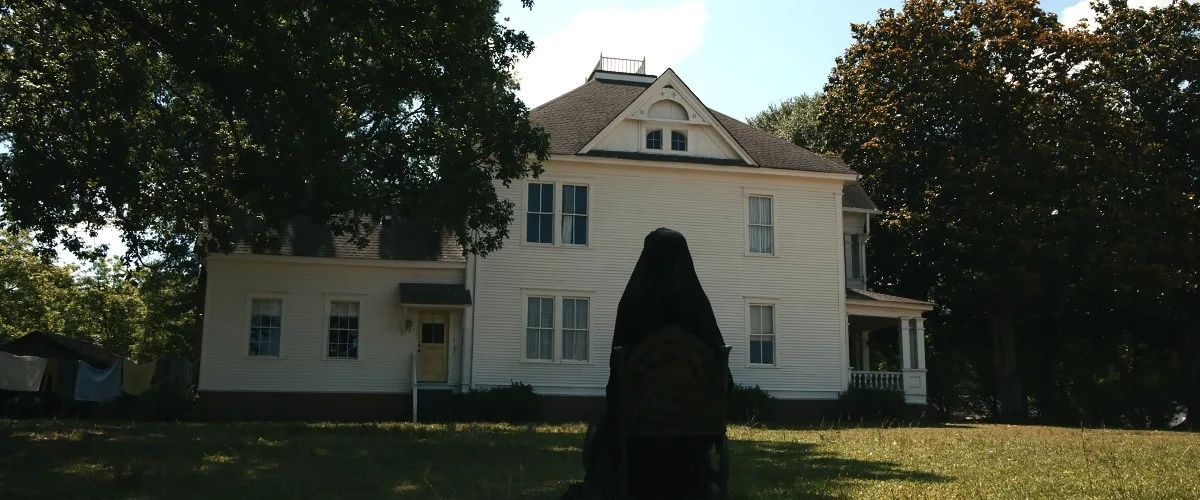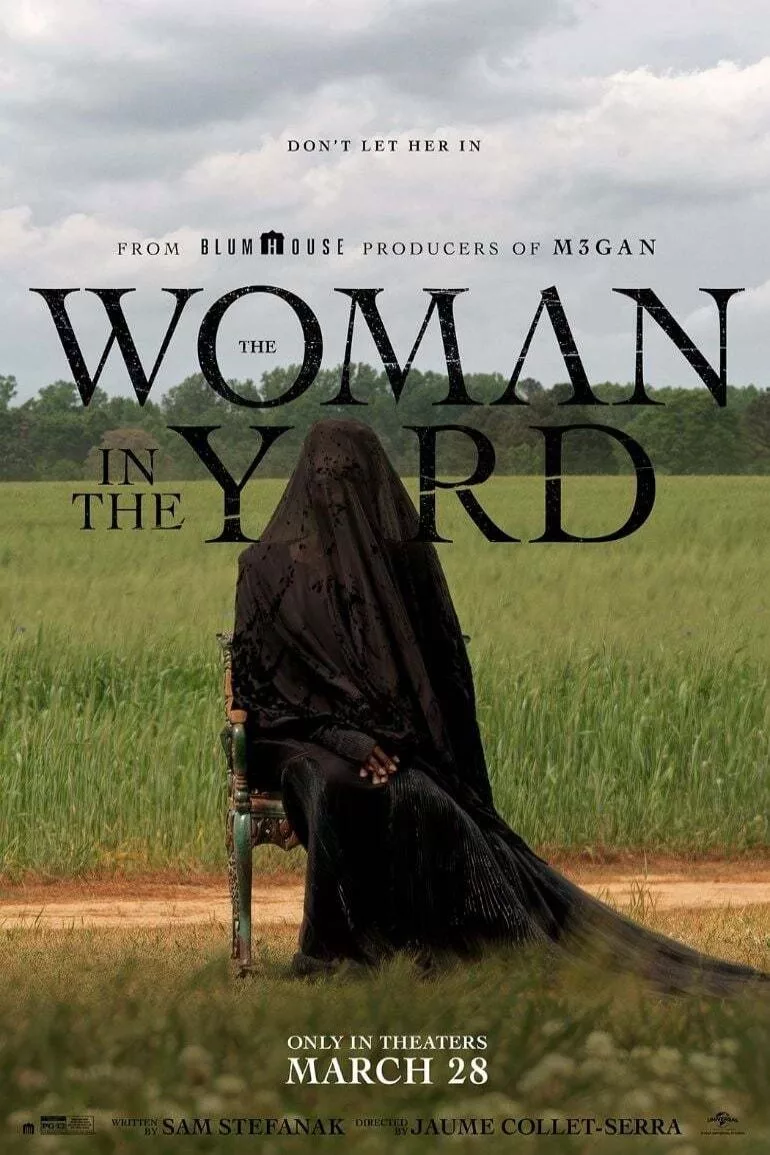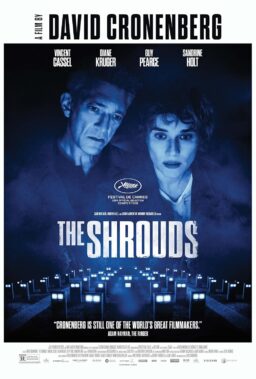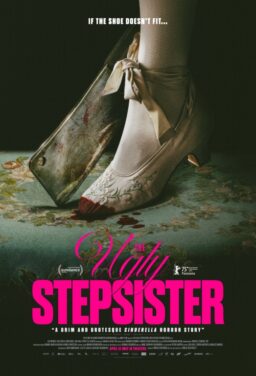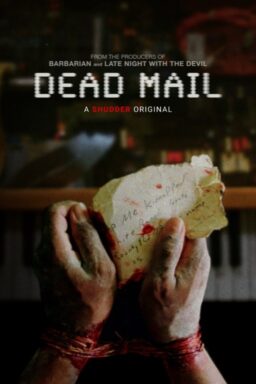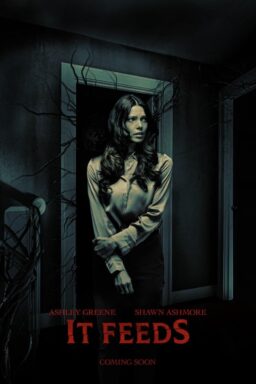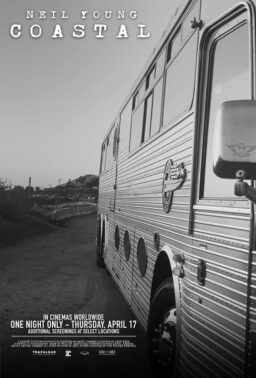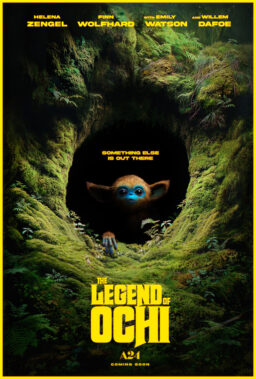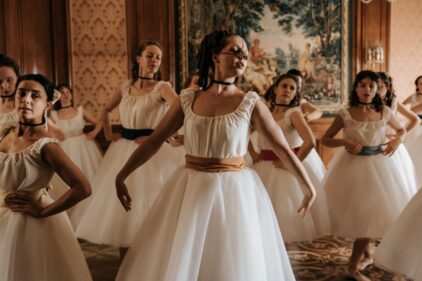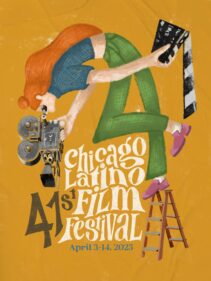In the last few years, there has been an uptick in horror movies in which the biggest danger comes not from vampires, zombies and chainsaw-wielding maniacs but from characters wrestling with guilt, trauma and depression. In most cases, this is handled as subtext but with “The Woman in the Yard,” that concept takes front and center of a narrative that has been promoted in ads in ways to suggest that it is just another run-of-the-mill supernatural thriller. The problem is that while the film does subvert basic audience expectations, it doesn’t really do anything beyond that as it stumbles through a choppy and meandering narrative that not even an admittedly committed lead performance by Danielle Deadwyler can help save.
She plays Ramona, a woman living on a remote Georgia farm with her teenaged son Tay (Peyton Jackson) and younger daughter Annie (Estella Kahiha), where she is still grieving the recent loss of her husband (Russell Hornsby) in an auto accident that left her with a broken leg and an inability to even begin to move on. As a result of her essential withdrawal from the world, the bills haven’t been paid and one morning, she wakes up to the news that the power has been cut off. As a result, things are stressful enough as is when Tay notices that there is a strange woman in a long black veil and shrouds (Okwui Okpokwasili) sitting in a chair on the front lawn.
When Ramona goes out to investigate, the woman doesn’t seem to have much of an idea of why she is there either, asking “How did I get here?” However, once she starts telling Ramona that “Today’s the day” and revealing her blood-streaked hands, Ramona shuts herself back in the house, trying half-heartedly to convince the kids that nothing is wrong but acting in ways that suggest anything but, particularly in her refusal to let Tay go out to go to a neighboring farm to use their phone. Tensions continue to grow inside the house as the day goes on until certain secrets are revealed that move the story in a new direction in ways that I will not hint at here, except to suggest that those averse to spoilers should avoid looking up the specific reasons as to why the MPAA gave the film its PG-13 rating.
The film was directed by Jaume Collet-Serra, whose filmography covers the gamut from goofy Liam Neeson thrillers such as “Unknown” and “Non-Stop” to the tiresome would-be Dwayne Johnson blockbusters “Jungle Cruise” and “Black Adam” but who has been at his best doing diabolically clever genre subversions as “Orphan” and “The Shallows,” arguably the greatest killer shark movie not to include the word “Jaws” in the title. Because of his presence and his return to the genre where he has done his best work, I found myself somewhat looking forward to this one—at least as much as one can towards a film being dumped out into the marketplace without benefit of press screenings—and because of those expectations, I was perhaps even more disappointed by the results. The main problem is that the screenplay by Sam Stefanek is so on-the-nose in its literalization of the horrors of being lost in the weeds of grief that it doesn’t give viewers any chance to make the connections on their own. Once the story starts laying its cards on the table, it doesn’t really have anywhere to go until it finally arrives at its final moments, which are clearly meant to be emotionally shattering but which just do not quite come off here to the degree that Stefanek and Collet-Serra obviously intended.
This, I should stress, is not in any way the fault of Deadwyler, who gives the material everything that she has throughout, taking material that might have stymied other actresses and making it almost work at times. Right from the start, she presents Ramona as a woman who thinks that she is holding it all together for the sake of her kids but who is clearly already operating right on the edge even before the arrival of the woman in the yard. She manages to convey Ramona’s barely controlled feelings of grief, rage, horror and guilt beautifully, finding just the right tone of emotional intensity right from the start and maintaining it all the way through. Although the performances from the rest of the cast are just fine, Deadwyler is an absolute standout throughout, doing work as strong and effective as anything that she has done before.
And yet, despite her considerable efforts, “The Woman in the Yard” never quite manages to come together into an effective whole. The script too often feels like a collection of half-baked ideas from M. Night Shyamalan’s reject pile and it all concludes on a note that might have been enormously moving and powerful in a stronger film but which just doesn’t quite come off. It is undeniably different from the usual genre shenanigans—which may irk viewers who turn up expecting those shenanigans due to the trailers—but never quite manages to turn the corner to become a fully interesting and engaging work of its own.

